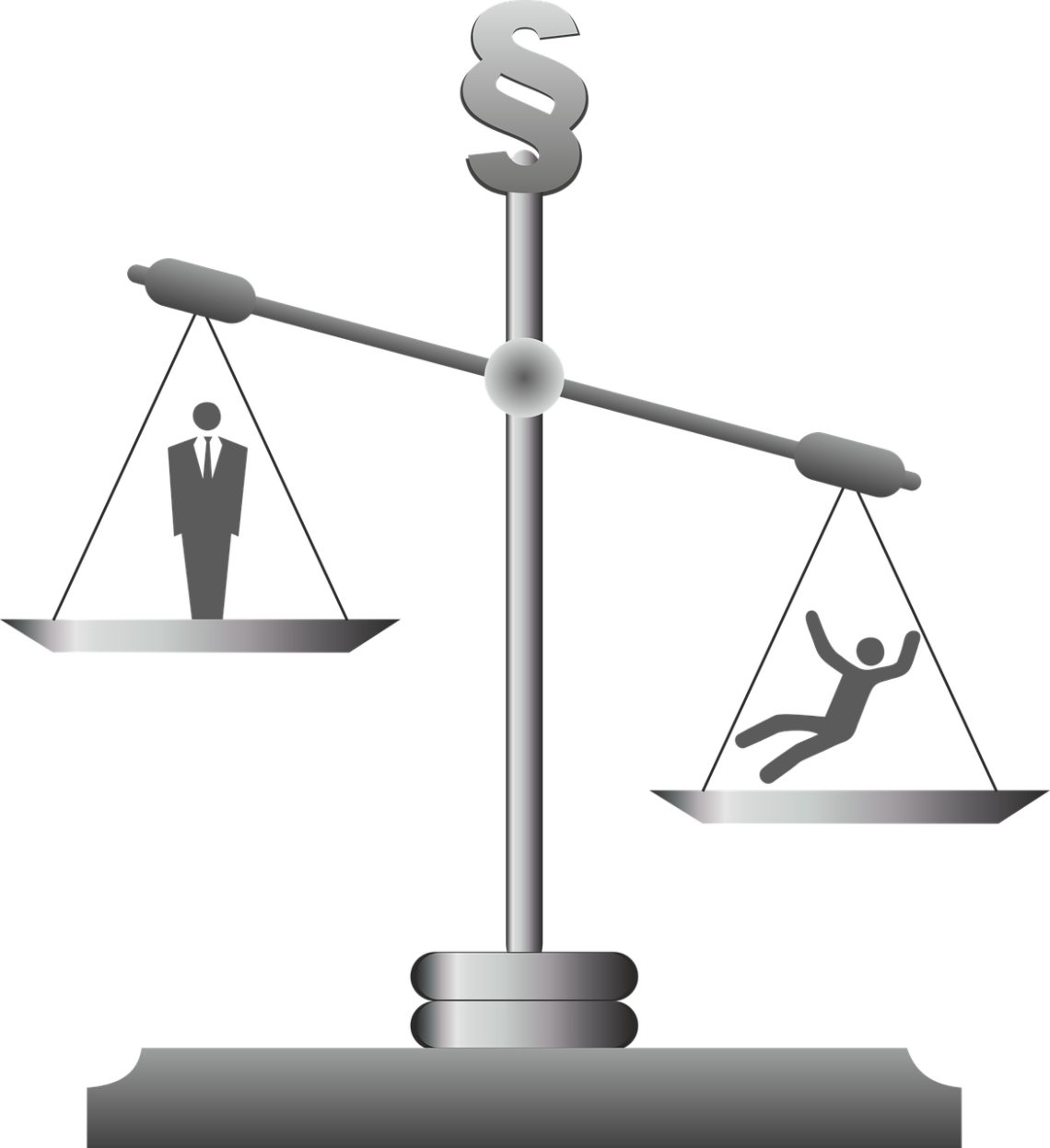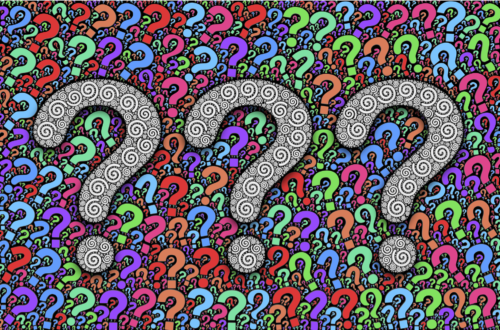
Marx Embraced Capitalism
The above title may sound strange to some people. Didn’t Karl Marx hate capitalism and seek its overthrow? Yes, he did, but he also saw it as a needed step on the way to a better world. Marx praised the productive aspects of capitalism as in this statement.
“The bourgeoisie, during its rule of scarce one hundred years, has created more massive and more colossal productive forces than have all preceding generations together. Subjection of Nature’s forces to man, machinery, application of chemistry to industry and agriculture, steam-navigation, railways, electric telegraphs, clearing of whole continents for cultivation, canalisation of rivers, whole populations conjured out of the ground — what earlier century had even a presentiment that such productive forces slumbered in the lap of social labour?”
Marx’s Five Stages of History
To make sense of this quote and the title of this article let’s look more broadly at Marx’s philosophy, and in particular his five stages of history. This is an aspect of his philosophy that is often overlooked, so let me briefly examine it here. Marx framed these stages of history as the stages of class struggle.
The First Stage: Primitive Communism. Here Marx is referring to the Hunter/Gatherer stage of history when humans existed in small bands (maybe 15-40 people), of mostly of kin folk. Here, we don’t have a division of classes per se, but we do have a division of labor. The men do the hunting and the women do the gathering.
The Second Stage: The Slave Society. Here we move into the agricultural revolution of the Neolithic era about 10,000 years ago when humans finally settled down and started farming. We also see the beginning of class division with the Master and Slave classes. As Marx would say, this is where the Slave did all of the work and reaped few of the benefits, while the Masters did none of the work and garnered most of the benefits. This stage lasts through the Greek and Roman civilizations.
The Third Stage: The Feudal Society. Here the class division moves from Masters and Slaves to Lords and Serfs. The system is different, and while a Serf has slightly more freedom than a slave, it’s still a difficult life. This is the period that extends from the Middle Ages up to the Renaissance.
The Fourth Stage: The Capitalist Society. This stage begins with the Renaissance and extends right up to today. This society is fueled by technological and industrial developments and is what Marx praised in the quote above.
The class division is between the Bourgeoisie (the Middle Class) and the Proletariat (the Working Class). The Bourgeoisie own all the “means of production”, reap most of the rewards, but do very little of the work. The Proletariat, on the other hand, do all the work and reap few of the benefits.
Marx pointed out that capitalism solved the “production” problem but created a “distribution” problem. In other words, capitalism for the first time created enough wealth for people to live materially comfortable lives. Before capitalism, not much wealth had been generated, so if one wanted to distribute wealth more fairly, there wouldn’t be much wealth to distribute. Everyone would have ended up poor.
If you notice, all of the so-called “communist” countries we refer to today (Soviet Union, China, Cuba and North Korea), never went through the capitalist phase, so don’t fit Marx’s system. The capitalist stage is critical to develop the wealth a society needs to ensure its citizens have a good life. None of them went through a capitalist stage for various reasons, so never accumulated the wealth needed to make a real go at the final stage.
But capitalism changed all that. Now there was plenty of wealth to go around; it just wasn’t being distributed fairly; hence the need for the final stage of history.
The Fifth and Final Stage: Socialist/Communist Society. This is a stage we have not yet reached and are struggling to bring about.
Drawbacks of the Final Stage
One of the drawbacks of this final stage is that Marx called it the “Socialist” and “Communist” stage. Just those words instantly alienate a lot of people from further contemplating what a post-capitalist world might look like. Socialism and Communism are just words that Marx used. We should drop those words if they make people uncomfortable and focus on how we want to construct the next stage of human history, because it is barreling down on us right now.
George Bernard Shaw’s Suggestion
It comes down to what George Bernard Shaw asked in his book The Intelligent Woman’s Guide to Socialism, Capitalism, Sovietism and Fascism, published in 1928. He addressed it to women because he said men had so messed up everything, and hoped women might talk some sense into them.
He opens his appeal to women like this:
“It would be easy, dear madam to refer you to the many books on modern Socialism which have been published since it became a respectable constitutional question in the country in the eighteen eighties. But I strongly advise you not to read a line of them until you and your friends have discussed for yourselves how wealth should be distributed in a respectable civilized country, and arrived at the best conclusion you can.”
He continues,
“For Socialism is nothing but an opinion held by some people on that point. Their opinion is not necessarily better than your opinion or anyone else’s. How much should you have and how much should your neighbor have? What is your answer?”
How Should We Distribute the Wealth of Society?
That is what we need to do now. We need to think about how we want to distribute the wealth of society. Marx’s final stage is the one we are struggling with now. We can make it anything we want. To echo Shaw, what is the most just and fair way to distribute the wealth of society?
So, you see, Marx thought capitalism was a necessary stage in history because without it, we wouldn’t have all this wealth and knowledge we need to create our future world. But it has problems. It gives too much power to a small group of people who control the means of production and much of the media at the expense of the rest of us.
So Marx and Shaw are asking a critical question here. What is the best way to distribute the wealth capitalism has created? Should this wealth be distributed more equitably or not? Those are the open discussions we should be having now. Let’s overcome the fears these bogy man words of “Socialism” and “Communism” engender in us, and think seriously about what kind of a future we want for ourselves, our families, our neighbors, our planet, and our future.
To learn more about the magic of the universe: Click this link: The Magical Universe.



